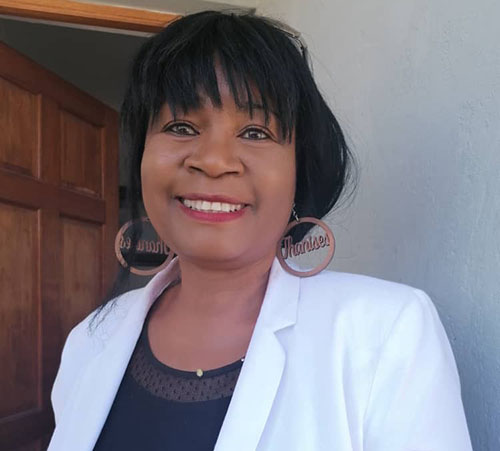Festus Hamalwa
The Oshikoto region has moved to empower girls with knowledge through various programmes to avoid pregnancies and help those who fall pregnant to not miss out on school.
Over the past three years, Oshikoto has recorded 1 294 teenage pregnancies – out of which only 749 girls have returned to school after giving birth, while 545 have not returned.
Education director in the region Aletta Eises said the number is a huge concern, as older men mostly impregnate schoolgirls, which sets a bad example to the community.
Outsiders, mostly older men, impregnate more than 95% of schoolgirls, while only a few school girls are impregnated by school-going boys. She said the region is doing everything in their power and mandate to educate and train learners for sustainable development and promote arts and culture to ensure the girl child gets the right information to be able to complete their education.
She stated over the past three years, the region trained 325 Life Skills teachers in counselling, learner support and safe school framework. This is in line with the prevention and management of learner pregnancy policy of the ministry, as no child should be denied education.
“The directorate, in collaboration with stakeholders, is implementing the following programmes in terms of prevention of learner pregnancy: My Future is My Choice, Window of Hope and other health programmes,” she said. Eises further explained that as per the sector policy on prevention and management of learner pregnancy, the directorate focuses on prevention and has strengthened the prevention aspect through different workshops and girl particular awareness and advocacy programmes in the region.
“Awareness programmes, through menstrual hygiene, health and wellness day, conducted annually in May, to create awareness on sexual reproductive health in terms of prevention of pregnancies, as well as International Day of the Girl Child, conducted annually in October; health and wellness awareness week, including HIV/AIDS awareness, anti teenage pregnancy campaigns, OYO school tours, youth drama clubs and talk shows are some of the awareness campaigns the region hosts to inform girls about the difficulties and challenges, which come with teenage pregnancies,” she stressed.
Eises said in the region’s quest to provide equal support to the learners, the region also started with the programme Coaching Boys into Men to an extension of the Life Skills curriculum where boys are taught about respect for others’ opinions and how a young boy should behave himself.
This programme also covers issues like gender-based violence, rape and molestation.
She said the region is conducting one-on-one engagements with girls regarding added responsibility and how to make sure they get time to study while they also have a responsibility towards their babies.
“Learner-mother workshops are also conducted to assist the girls with information regarding further schooling and education,” she added.
Eises said the management programmes include counselling and psychosocial support for the pregnant learners to remain and cope with their schoolwork.
“In our quest to keep girls daily in schools, the directorate is also supporting the girls in sourcing sanitary pants through different stakeholders,” she stressed.


